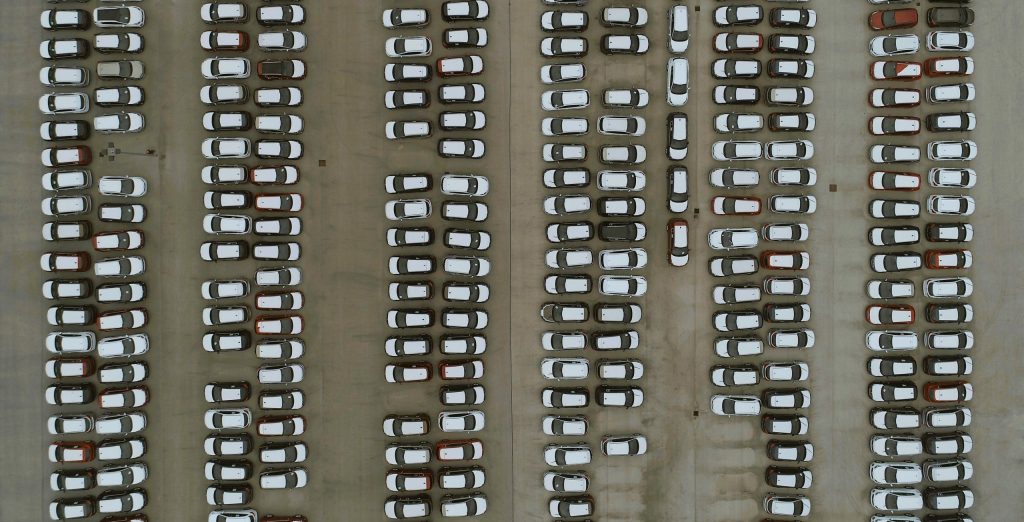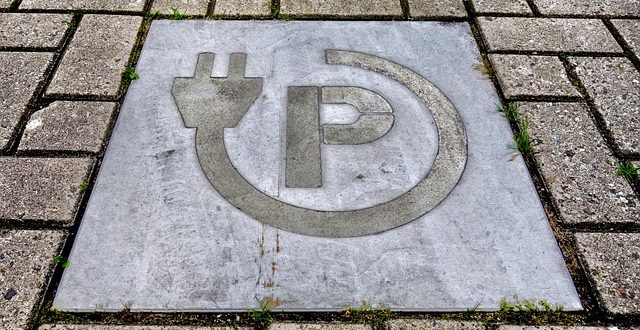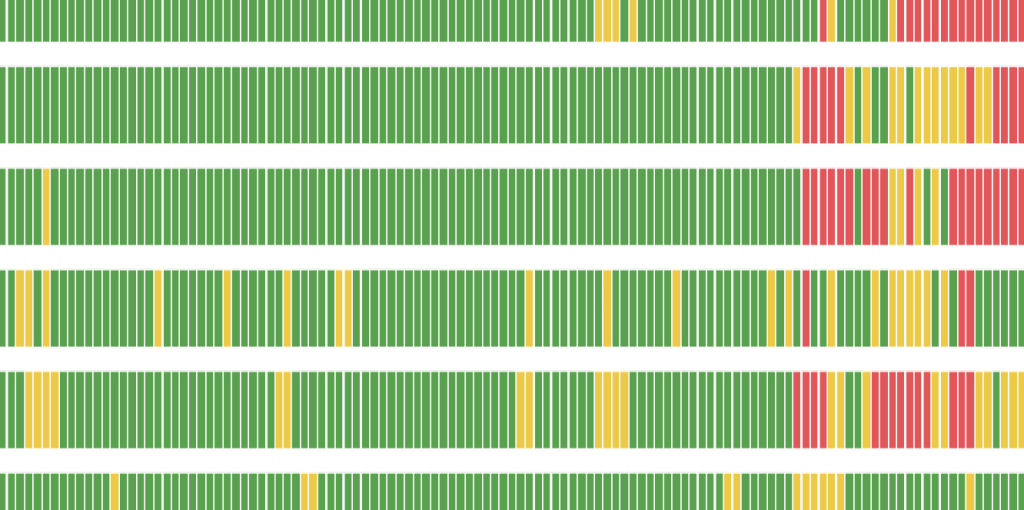ASCII Advisory Board Meeting

Our annual Advisory Board meeting took place last week, where we were able to discuss welcome input for the future direction of ASCII. Society at large is at an inflection point: Not only do we have wars on our doorstep, but we also have to meet the challenges of the green transition. As a result, the export-led economic growth model of recent years is increasingly unraveling.
Tariffs on Chinese BEVs and Retaliatory Measures

The European Union is imposing provisional countervailing duties of 21% on battery electric vehicles (BEVs) imported from China from July 4, 2024. This move follows an investigation that found evidence of WTO-inconsistent subsidies for Chinese BEVs. Imports of Chinese vehicles could fall significantly, but prices for electric cars are unlikely to change much in the long term.
ASCII Nachtcafé

On September 16, ASCII is launching a new format to make the exciting world of supply chain research accessible to interested parties outside of science and politics: the ASCII Nachtcafé. This is a series of events in which current topics can be discussed informally over snacks and drinks.
Green Steel Production: Scrap Becomes a Strategic Resource

The steel industry is responsible for around 7% of global CO2 emissions and therefore holds a significant lever for tackling the climate crisis. Significantly more scrap is needed for greener steel production, but this could become a scarce commodity in international competition, as a preliminary study by the Supply Chain Intelligence Institute Austria (ASCII) and the Complexity Science Hub (CSH) shows.
Will the EU Tariffs on Chinese Electric Vehicles Also Hit EU Firms?

On 12 June, the European Commission announced the first provisional decision under its anti-subsidy inquiry for battery electric vehicles (BEVs) assembled in China. Albeit initially driven by Western foreign direct investment, Chinese car producers have become prominent producers of battery electric vehicles. This note asks if the imposition of import tariffs may also affect EU producers and reflects the discussion against a trade context.
Making Disruptions in Global Supply Chains Visible

Since the COVID-19 pandemic, supply bottlenecks are no longer a novelty and current geopolitical conflicts and trade wars have exposed the vulnerability of supply chains to global and regional events. In order to better quantify and analyze supply bottlenecks, the Austrian Supply Chain Pressure Index (ASCPI) was developed at the Supply Chain Intelligence Institute Austria and presented at a press conference in Linz on June 5 as part of the Austrian Logistics Day.
The Austrian Supply Chain Pressure Index (ASCPI)

The COVID-19 pandemic, existing geopolitical conflicts and trade wars have exposed the vulnerability of supply chains to global and regional shocks. ASCII researchers have developed the Austrian Supply Chain Index (ASCPI) to better quantify and analyze supply bottlenecks that affect the Austrian economy.
Mapping of the Global Semiconductor Supply Chain

The semiconductor industry is a cornerstone in contemporary technological infrastructure. Embedded in a complex industrial ecosystem it is shaped by regional specialization, evolving, and globally distributed firm networks, and technological innovations. To illustrate the semiconductor value chain and the importance of Austria’s industry in it, a team of ASCII scientists led by ASCII Director Peter Klimek analyzed the regional roles within the worldwide semiconductor value chain.
Interdisciplinary Workshop on Firm-Level Supply Networks

In the 4th Interdisciplinary Workshop on Firm-Level Supply Networks, we bring together leading experts and early career researchers in economics, complex systems, and supply chain management, to discuss recent advances in the analysis of granular supply network data.
Risk Monitor 2024

The Austrian Federal Ministry of Defence released the Risk Monitor 2024. The report includes articles by ASCII Director Peter Klimek and ASCII Vice President Gabriel Felbermayr on supply risks in a weakened global economy.